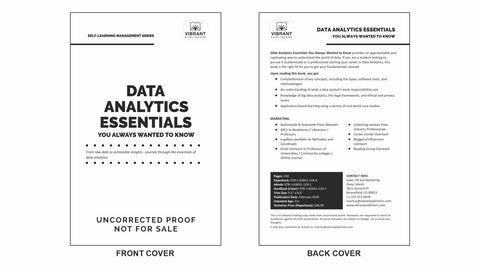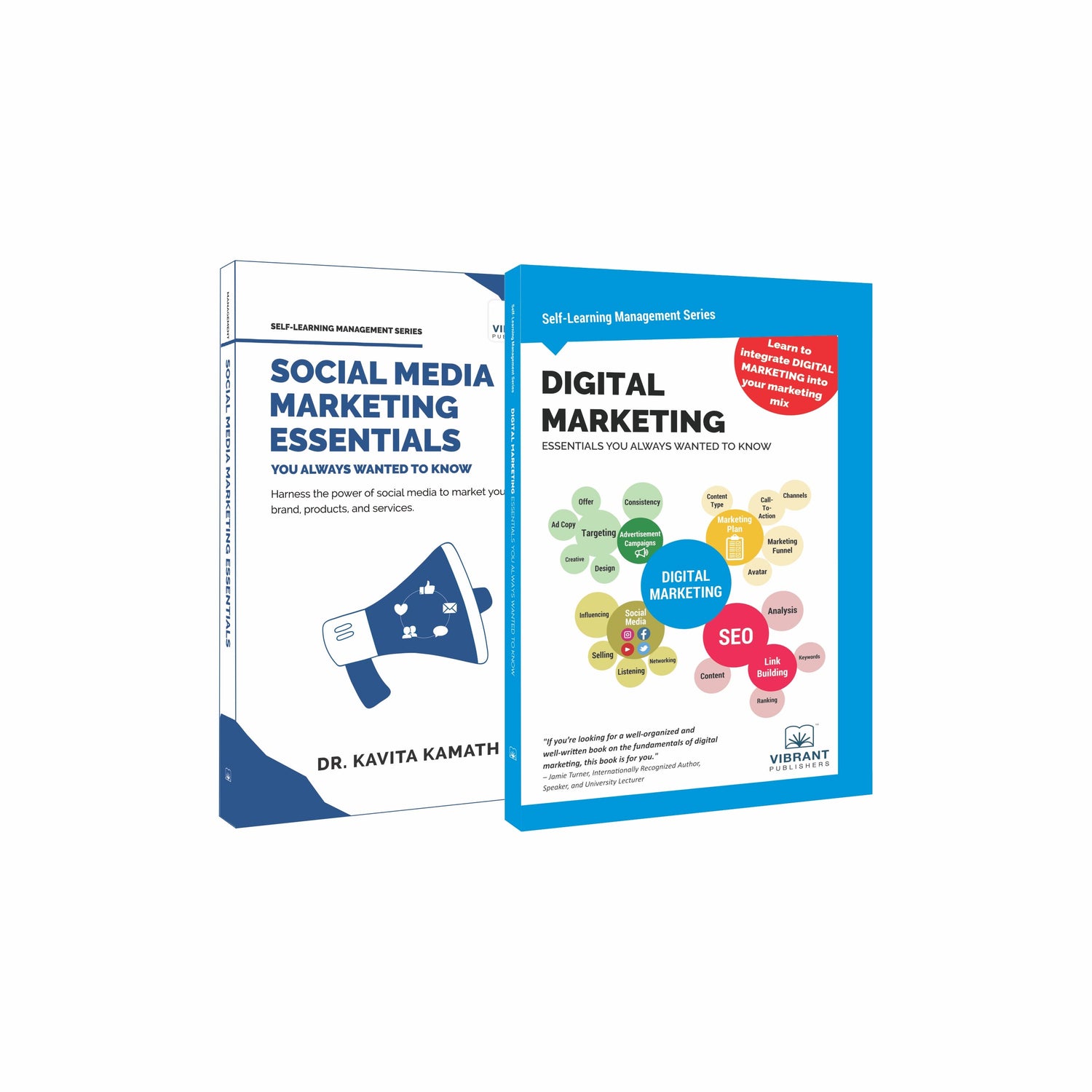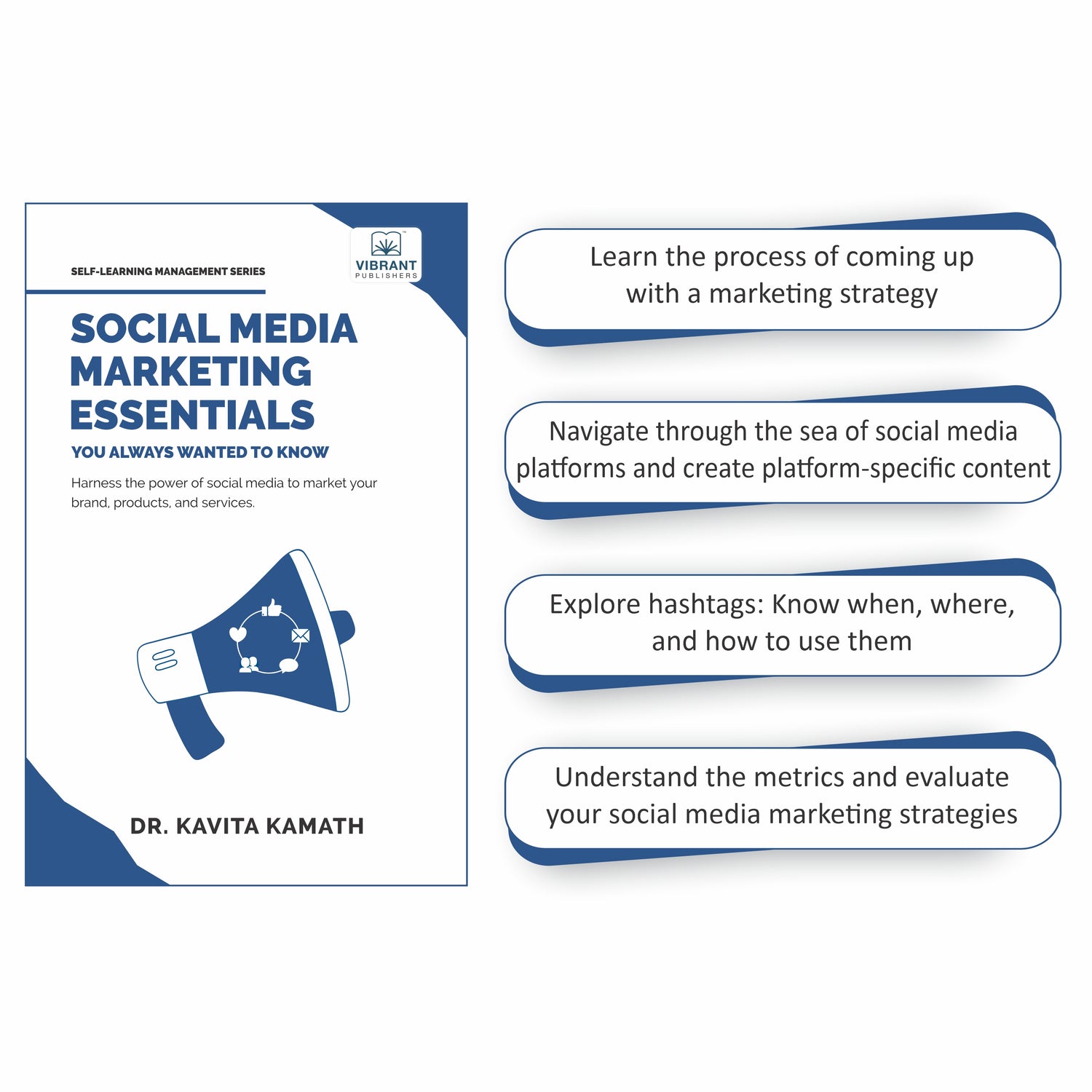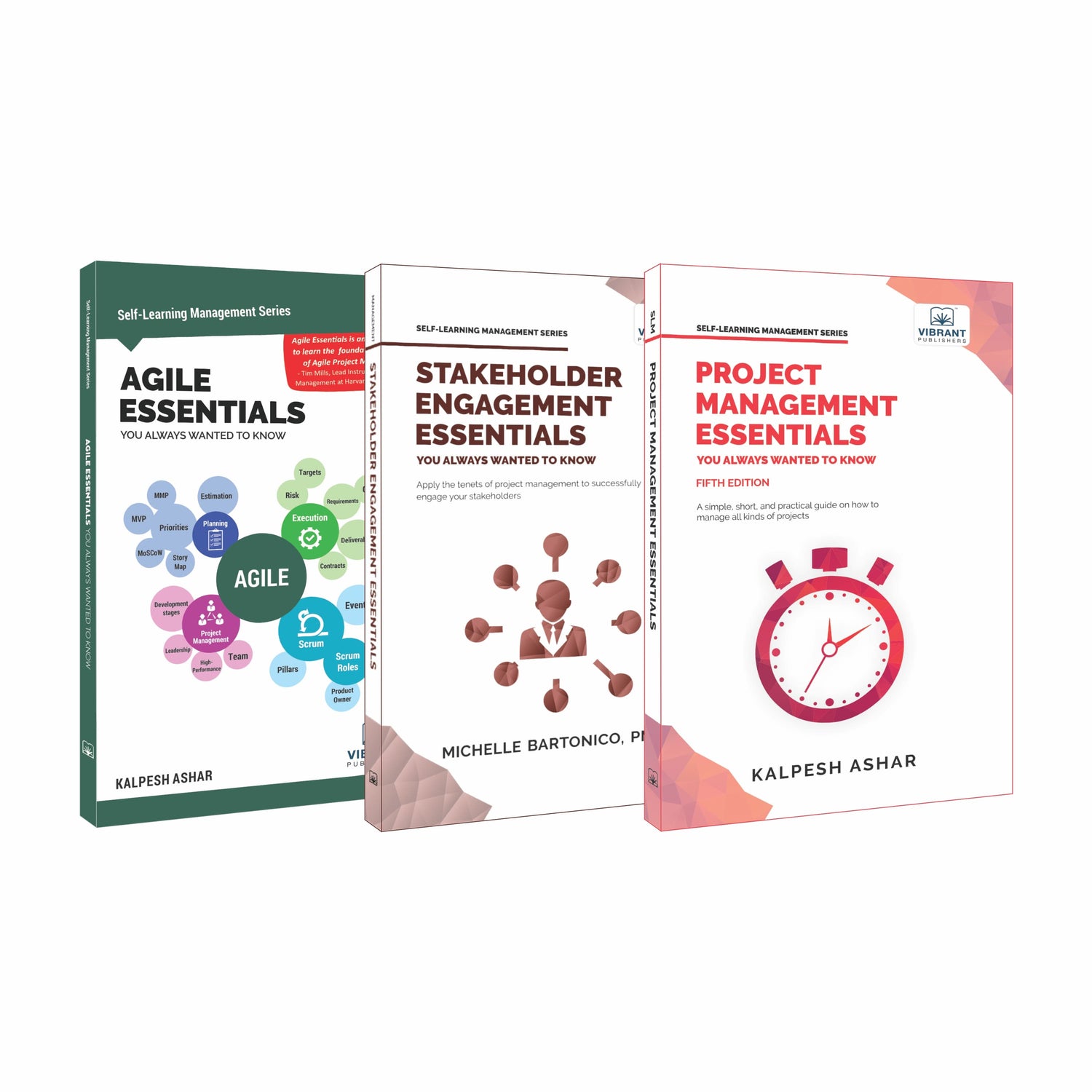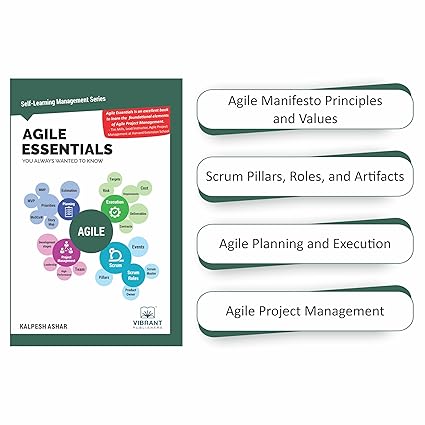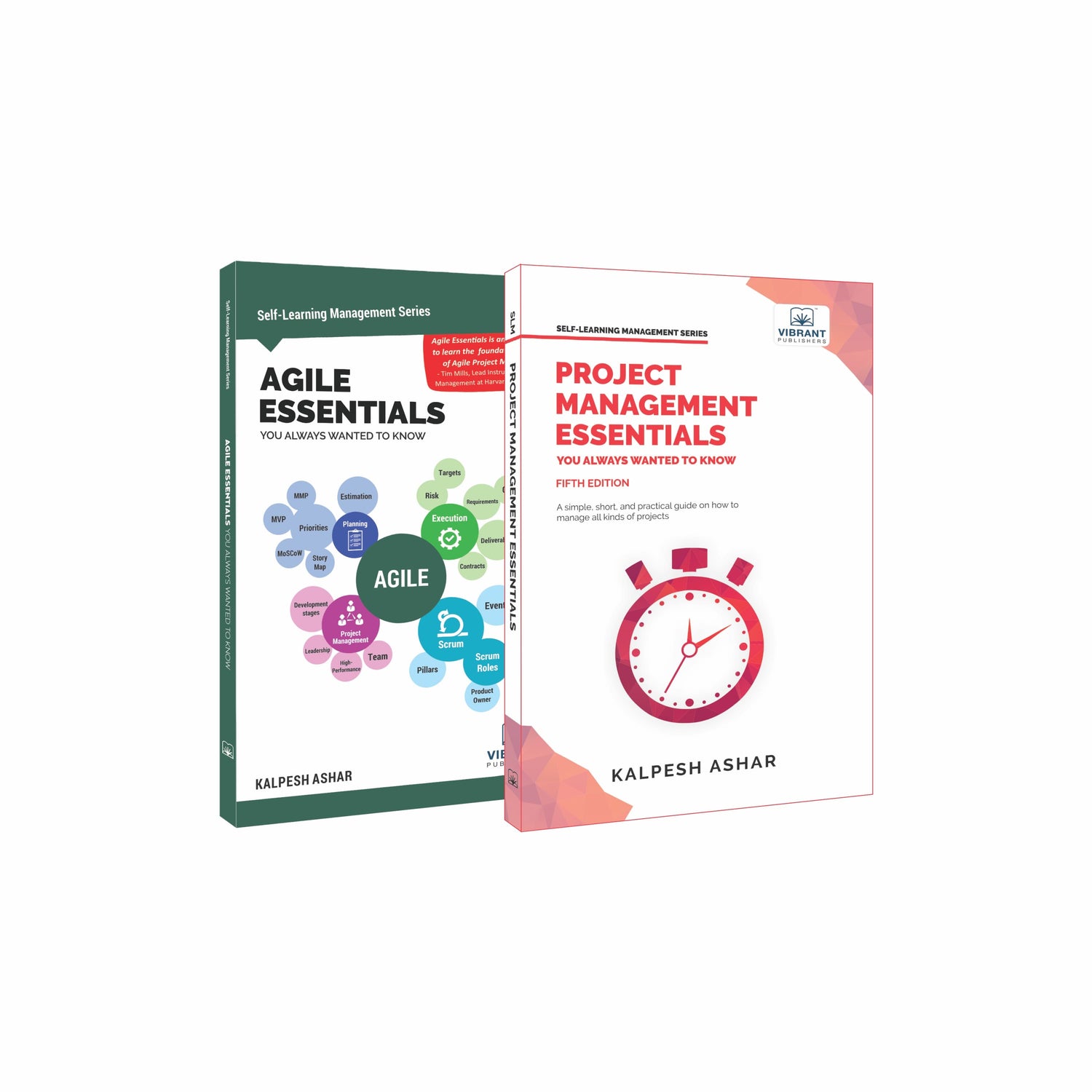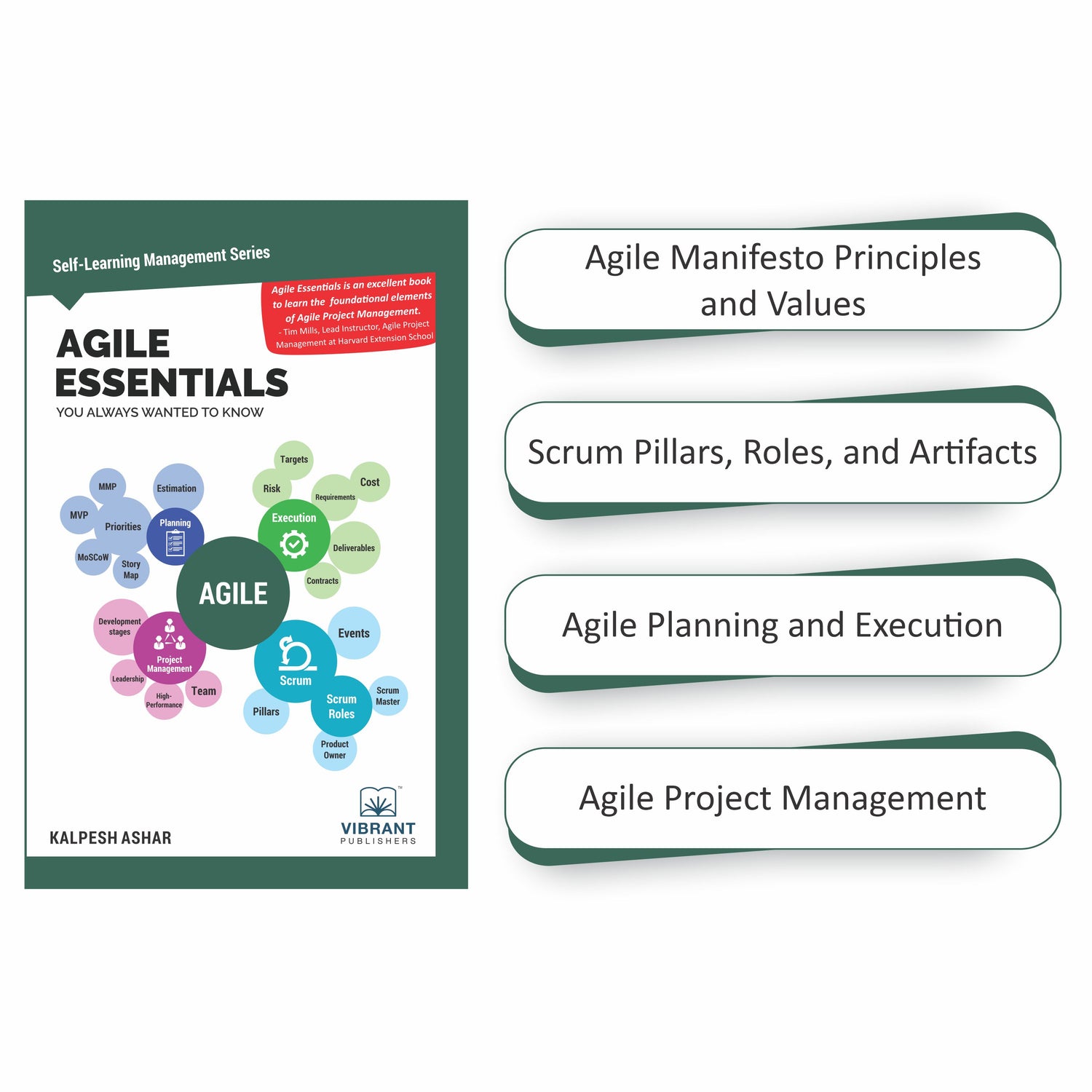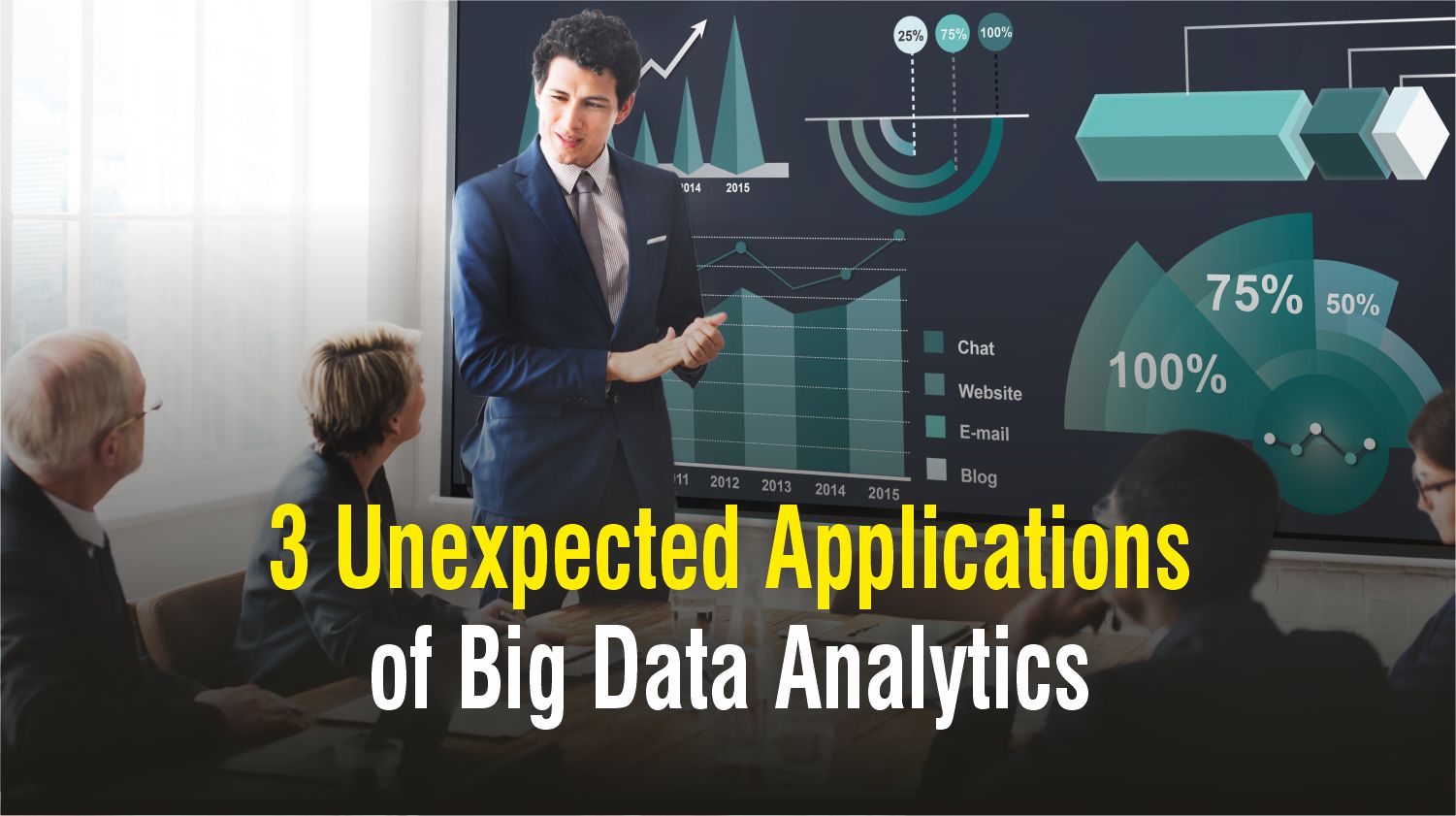
3 Unexpected Applications of Big Data Analytics
Big data analytics has become a powerhouse, completely changing the way we study and interpret enormous amounts of data. This innovative field transcends standard data analytics and is firmly based on artificial intelligence, machine learning, and statistics. It offers insightful analysis and predictions that are essential for decision-making across a range of industries.
But what exactly is big data?
Big data are those data sets whose dispersion, size, diversity, and/or timeliness necessitate the use of novel technical analytics in order to provide insights that can generate benefits. It's all about managing data that exceeds the storage or processing capacity of traditional systems. Big data can take many different forms, including text files, multimedia files, genetic maps, financial data, and others. You can learn more about how data is stored by reading Introduction to Data Structures.
Data Analytics Essentials You Always Wanted To Know is a comprehensive manual for those who want to begin their journey into the world of data analytics.
Big data analytics finds use across various industries, promoting growth, efficiency, and innovation. It involves examining, analyzing, and interpreting large and diverse sets of data, to discover patterns, correlations, trends, and insights that can guide decision-making within organizations. To learn more about how data analytics impacts decision-making, read What role does data analytics play in decision making?
The book Data Analytics Essentials You Always Wanted To Know by Dr. Bianca Szasz dives into this world of big data, providing those who are intrigued by data analytics with all the ‘essentials’ in a concise manner. But before you dive into data analytics, you can benefit from knowing the scope and the novel opportunities it produces. Here are three unexpected applications for big data analytics that are revolutionizing the world.
1. Improving Sports Management and Performance
The sports sector is home to one of the most fascinating applications of big data analytics. Sports analytics is a game-changer, far beyond the stereotype of data processing in business environments. Predictive analytics and machine learning algorithms are being used by athletes and sports teams to improve strategy, performance, and even injury prevention. Regression analysis, player performance analysis, predictive analytics, and other advanced analytics methods are used to evaluate player fitness, game plans, and even talent scouting. Teams are now using these findings to guide their strategic planning, resulting in a more dynamic and evidence-based method of managing sports.
Integration of Wearable Technology and IoT
Wearable technologies and the Internet of Things (IoT) are major players in this revolution. Wearables with sensors that athletes can use to monitor their heart rates and movement patterns produce a continuous flow of data. When evaluated with advanced big data tools such as Hadoop or Apache Spark, this data provides athletes and coaches with useful insights. Predictive analytics can be used to lower the risk of injuries in addition to optimizing performance.
The Use of Data in Marketing and Fan Engagement
Furthermore, big data analytics is used in sports off the field. Sports marketing and fan interaction are being revolutionized by it. Teams and sponsors can optimize their marketing tactics by examining fan behavior and preferences. In addition to increasing fan loyalty, this individualized strategy creates new revenue streams through goods sales and customized advertising.
2. Transforming Agriculture
The field of agriculture is seeing a notable increase in the use of big data analytics. The use of data analytics in precision farming is revolutionizing the production of food. Data-driven insights are being used by farmers to make better-informed decisions about when and how to sow, harvest, and manage crops.
Predictive Analytics's Role in Agriculture
Utilizing tools like satellite photography, farmers are able to keep an eye on the health of their crops over large areas. Better crop management is ensured by predictive analytics systems that help forecast weather patterns, pest infestations, and yield predictions. Through efficient use of resources like water and fertilizers, this method not only increases productivity but also supports sustainable farming practices.
Smart farming and IoT
Another technological innovation that is revolutionizing agriculture is the Internet of Things (IoT). Field sensors gather information on soil moisture, temperature, and humidity, among other environmental factors. In order to maximize resource efficiency and minimize waste, timely and well-informed decisions on fertilization and irrigation must be made using this real-time data.
Big Data in Supply Chain Management for Agriculture
Moreover, big data analytics is essential for optimizing agricultural supply chain management. Data analytics helps to make the supply chain more effective and responsive to market demands. It does this by tracking the movement of goods from farm to table and forecasting market demands and price fluctuations.
3. Changing the Development of Smart Cities and Urban Planning
Urban planning and the development of smart cities may be two of the most significant uses of big data analytics. These days, city planners have the tools necessary to examine enormous information from a variety of sources, including demographic trends, energy consumption, and traffic patterns.
Towards More Efficient Smart Cities: A Data-driven Strategy
Everything in a smart city is interconnected, including traffic signals and streetlights, producing data that can be evaluated for improved urban administration. Predictive models are applied to promote public safety, save energy usage, and improve traffic flow. Furthermore, data analytics is essential to emergency response and catastrophe management because it offers timely insights that have the potential to save lives.
Improving Urban Life Quality with Data
Big data analytics in smart cities aims to improve inhabitants' quality of life in addition to increasing efficiency. Improved waste management techniques, green space development, and effective public transit systems can all be influenced by data-driven insights. In order to create more livable, sustainable, and inclusive urban environments, urban planners must first understand the patterns and behaviors of city people.
Big Data Analytics's Future
Big data analytics appears to have a brighter future than it does now as we are producing zettabytes of data. Data analytics is becoming more potent and widely available because of the advancement of technologies like artificial intelligence and machine learning.
Ethical Considerations
But immense power also entails great responsibility. The increasing integration of data analytics into our daily lives raises ethical questions about data security and privacy. Adhering to data privacy legislation such as the CCPA and GDPR and implementing best practices in data management is imperative for organizations.
Continuous Education
Additionally, the importance of data science education is rising as the field develops. Future data analysts must possess a strong foundation in both technological expertise and ethical handling of data.
Conclusions
To sum up, big data analytics has a wide range of applications that reach into realms we never would have imagined. Big data analytics is not simply a tool for business optimization; it is also a driver for innovation and advancement on a worldwide scale, improving everything from sports performance to agriculture and smart city planning. Our imagination is the only limit on the possible uses of big data analytics as we progress through this digital era.
Dr. Bianca Szasz, the author of Data Analytics Essentials You Always Wanted To Know
This blog is written by Dr. Bianca Szasz, author of the upcoming book Data Analytics Essentials You Always Wanted To Know by Vibrant Publishers.
Also read:
Share

